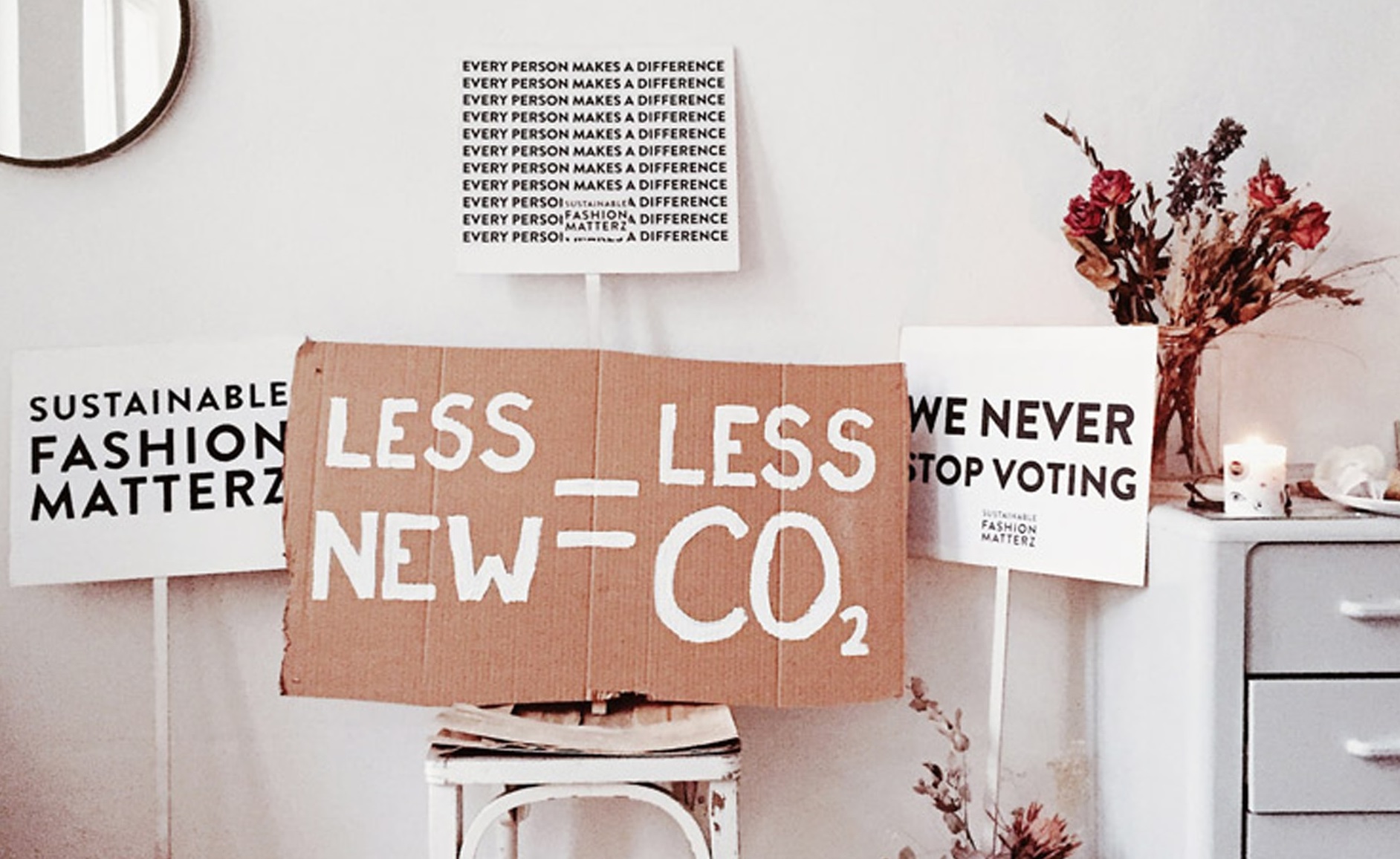Values around sustainability
Thinking of climate change, which one of the following describes how you feel about it?
17% said it was the issue/one of the issues they are most concerned about, the same as in 2020 and 2021.
42% stated that it was a big concern, compared to 46% in 2022, 47% in 2021 and 44% in 2020.
16% stated it was a concern but I'm not doing much about it, compared to 15% in previous years.
15% said it is somewhat of a concern to me, compared to 17% in 2022 and 2021, and 18% in 2020.
2% said it was little or no concern, compared to 3% in 2022 and 4% in 2021 and 2020.
3% said they don't believe in climate change, compared to 2% in 2022 and 2020, and 0% in 2021.
This shows that attitudes to climate change are remaining consistent over time - and that the split between those taking action and those who aren't is staying the pretty much the same.
We also asked respondents some questions regarding how the cost of living crisis has impacted their beliefs:
"The cost of living crisis has made me more aware of global issues"
43% agreed.
"The cost of living crisis has made it difficult to live a sustainable lifestyle"
48% agreed.
"Given all that's going on in the world, I find myself just wanting to go back to basics"
50% agreed, compared to 48% in 2022, 53% in 2021 and 79% in 2020.
"I feel the good life is further out of reach than it used to be"
50% agreed, compared to 45% in 2022, 45% in 2021 and 62% in 2020.
The data shows that people are swaying back towards similar attitudes to those seen during the pandemic, where a 'back to basics' way of living is seen as more desirable, though also further out of reach.

